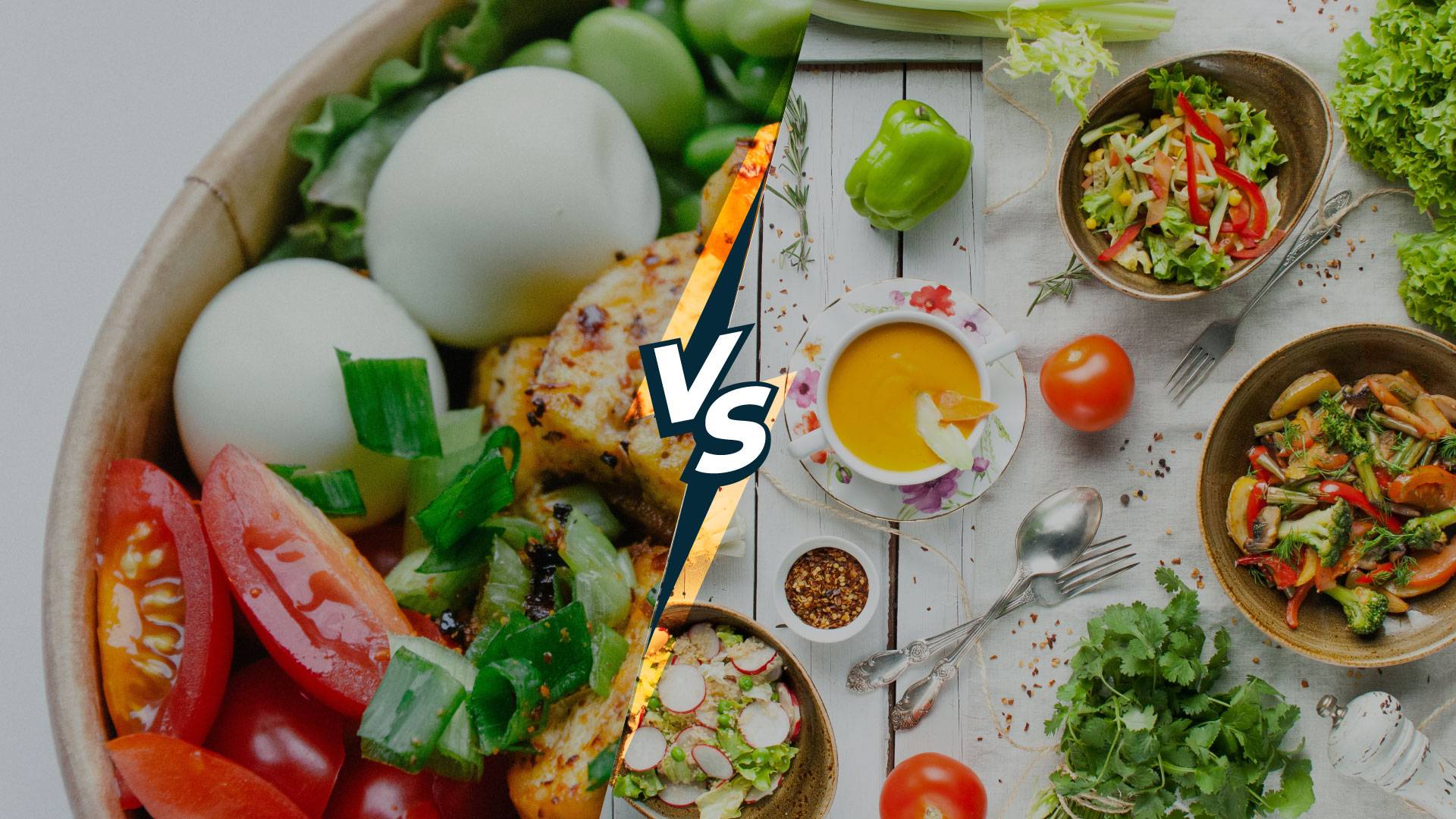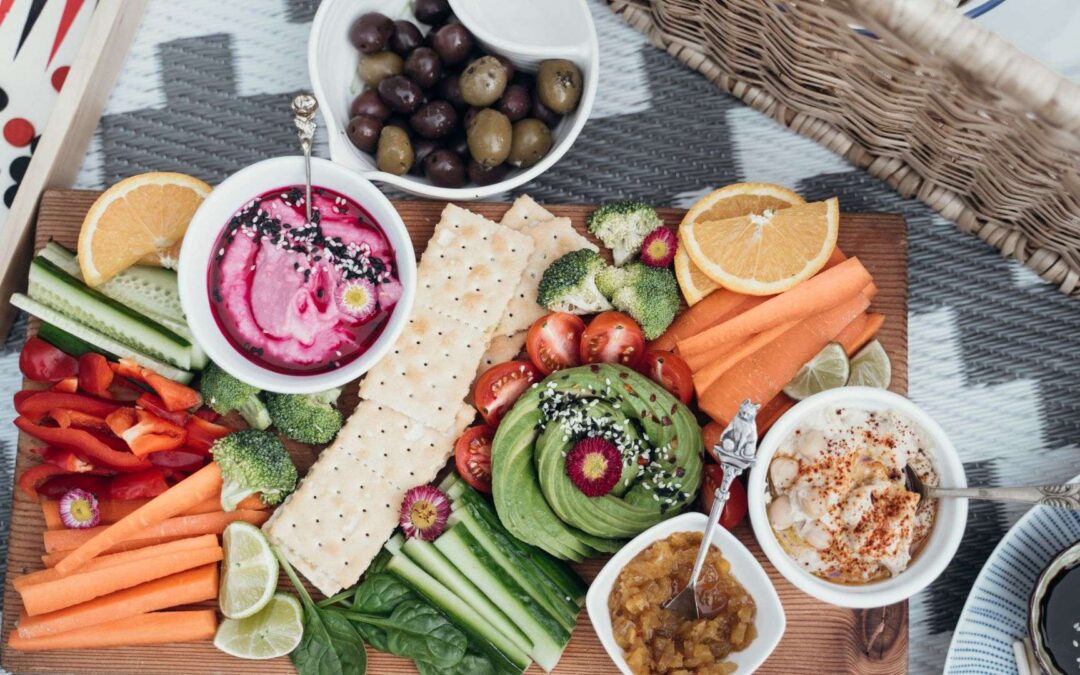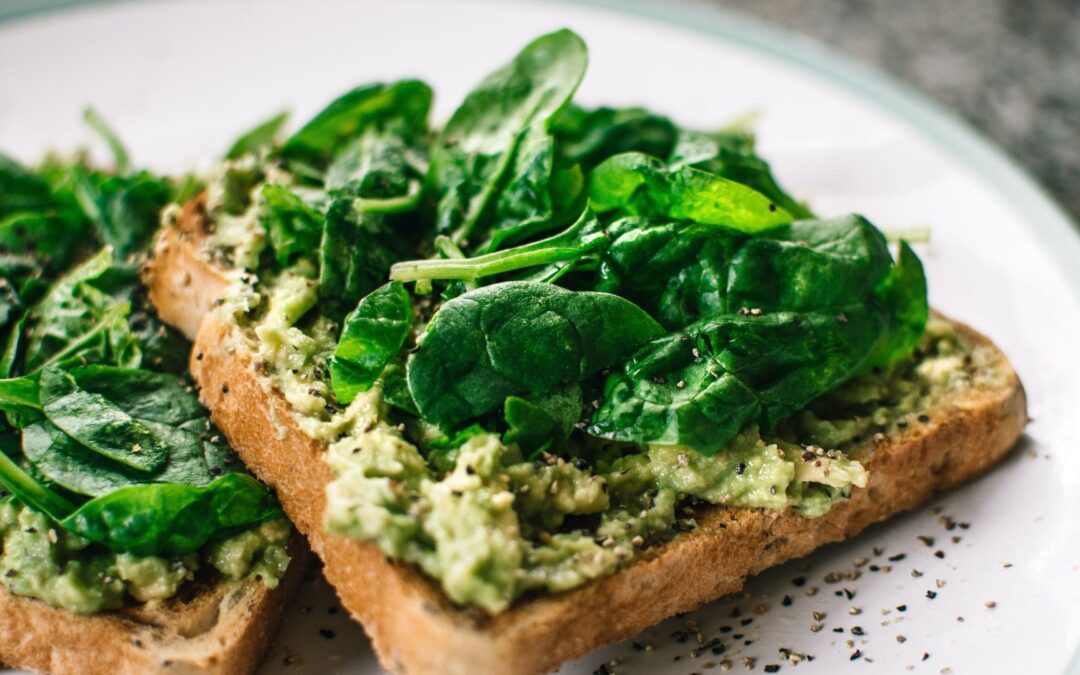Many people still confuse vegan and vegetarian diets, but those who follow these eating habits know how important the difference is!
Is vegan and vegetarian different?
The answer is, of course, yes. However, there are still many people who believe that it is the same thing. This confusion is aided by the fact that in recent years the term vegetarian has almost completely gone out of fashion and has been replaced by vegan. Today there is a proliferation of vegan restaurants and wherever we go we hear about vegan menus, dishes and diets. It might sound like something very similar to vegetarian cuisine, but it’s not.
Veganism while not far away from the idea of starting vegetarianism. Stepping back from the diet not only eliminates any kind of meat, but any animal-derived products such as milk and eggs are basic. Their principle is based on the rejection of the idea that animals should be considered living beings intended for human use and consumption.
According to the Vegan Studies Project, vegetarians can be divided into two groups: Strict vegetarians, therefore one step further than ordinary vegetarians, who abstain from eating meat and animal products and moral vegetarians who, in addition to following the same diet, avoid any use of products of animal origin, such as leather jackets or cosmetics tested on animal guinea pigs. The latter group can include environmental vegans, opposed to the industrial use of animals deemed harmful to the environment and in the long run unsustainable. As for insects, there is an open debate within vegan communities.
While some argue that the exploitation of bees is harmful to the planet, a scientifically confirmed thesis, the fact that they are pollinators of various food crops is not considered.
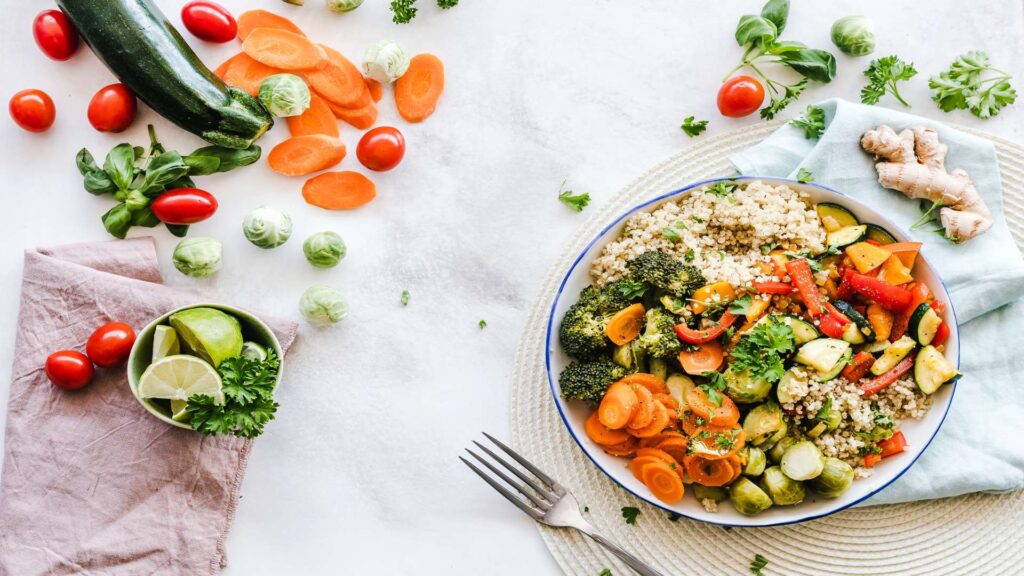
How healthy is it to be vegan or vegetarian?
Vegetarianism, according to the Scientific Society of Vegetarian Nutrition (SSNV), is a diet based on the consumption of any food except meat of any type of animal, whether red and white as chicken or fish. Likewise, some vegetarians may refrain from making use of certain products derived from killed animals. Vegetarianism is a movement born to support animal rights and follows a lifestyle focused on other products that for some are considered even healthier. A choice that still requires consuming food supplements to avoid deficiencies in vitamins, iron and other nutrients that our body assimilates through the meat. Its popularity grew between the 80s and 90s, so much so that it was also adopted by Lisa Simpson in an episode of the famous animated series created by Matt Groening.
For some, vegetarianism does not stop only with eating habits but is a lifestyle that abstains from the consumption of any food or artefact that may result in the killing of an animal, such as clothing, cosmetics and more consumption.
It doesn’t matter if the diet is vegan or vegetarian. According to several health organizations, including the American Academy of Nutrition and Dietetics, and the British Dietetic Association, both diets when carefully studied and balanced work well for all stages of life, from infancy to pregnancy. This is because they are usually sufficiently rich in some important nutrients such as fibre, magnesium, folic acid, vitamin C, vitamin E, zinc, calcium, vitamin D and many others. It is no coincidence that many athletes are vegan, so it is not impossible to eliminate meat from your diet.
As for the nutritional deficiencies, possible when switching to a diet of this kind, there are, as already mentioned, food additives and food supplements. The only real caveat is not to start a vegan diet overnight without specific planning. To avoid any kind of problem, those who choose to radically change their diet should consult a nutritionist.
